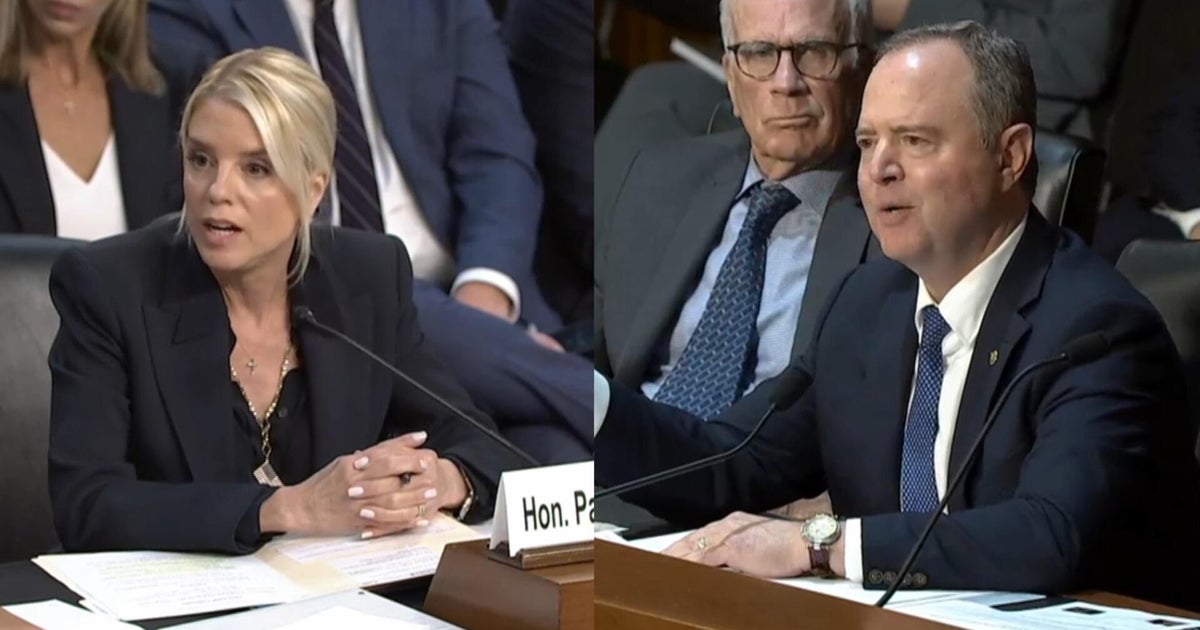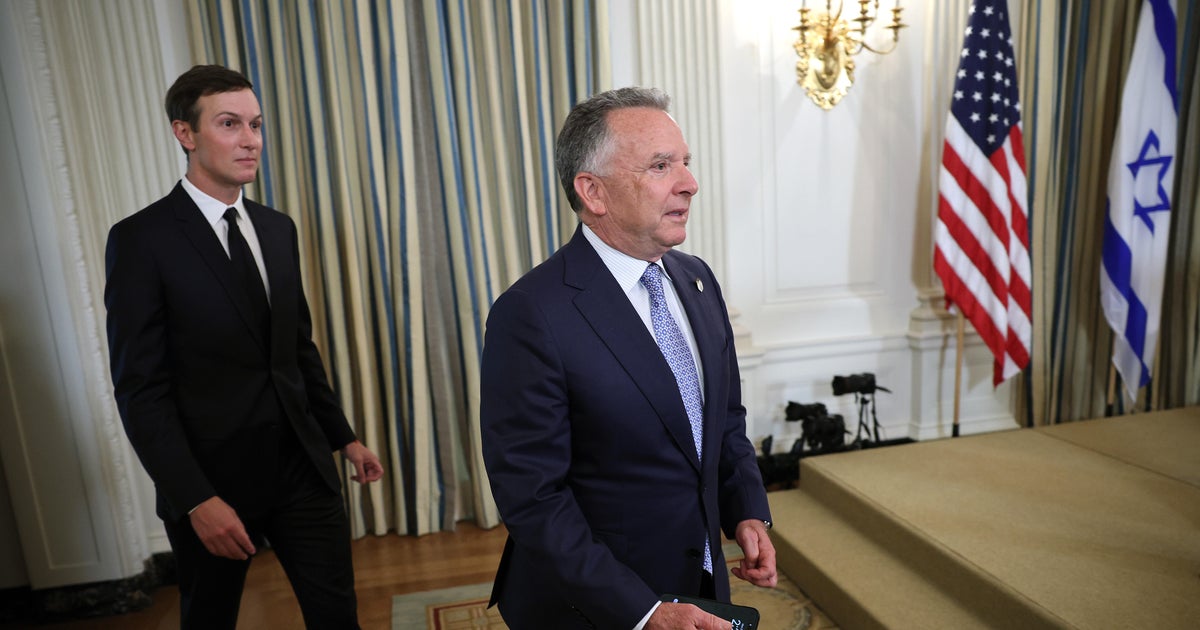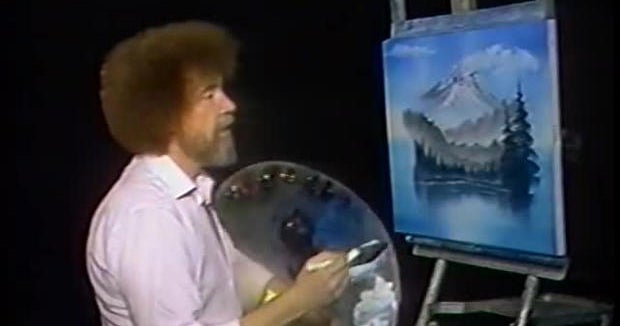Opinion
September 30, 2025 — 3.27pm
September 30, 2025 — 3.27pm
God forbid anyone would admit it, but the first major step towards Kerry Stokes’ family empire exiting media was set in train on Tuesday with a plan to merge his Seven West Media with Southern Cross Media, which owns radio assets including the Triple M network.
It marks the beginning of the end of an era for the 85-year-old billionaire, who has made much from the outsized influence afforded by controlling television assets around the country and dominating publishing in his home state of Western Australia.

Kerry Stokes mixes with the politically powerful including Prime Minster Anthony Albanese.Credit: Alex Ellinghausen
For Stokes, one of the last media moguls left standing in Australia, the deal will reduce his ownership grip on media by watering down his stake in the company that will be created from the merger.
He will be chairman of the merged group initially but will relinquish that role in February.
My pick is that you won’t get any argument from his son, Ryan, who will stay on the board of the merged company but won’t take up the chairmanship. He has traditionally demonstrated scant interest in media, but holds a passion for the industrial services and building materials companies owned by the Seven Group, including WesTrac, Boral and Coates Hire.
Ryan is no Lachlan Murdoch, who has ink in his veins and has sacrificed much of the goodwill of his siblings to become the heir to his father’s media empire.
The media baronship of the Stokes family is likely to begin and end with Kerry.
If this deal is consummated, Stokes’ Seven Group will effectively halve its stake in media, owning 20 per cent of the merged group. Slimming down or even selling out from that position is way less complicated than selling the current 40 per cent stake in Seven West Media.
Loading
Seven West punches well above its weight in the media attention it draws, but is more akin to a pimple on the posterior of Stokes’ broader business and financial empire. Long gone are the glory days for owners of traditional media assets such as radio, television and publishing.
Traditional media assets have been in structural decline for more than a decade, ceding advertising revenue to the large digital platforms such as Google and Facebook.
While Seven West Media’s boss Jeff Howard said the rationale behind the deal was to fortify the company against the assault of the digital giants, the reality is this war was waged and lost by traditional media many years ago.
Seven West Media had a market capitalisation of little more than $215 million before the deal was announced, and its share price and its profit have struggled. Its most recent result was marred by a cyclical softness in advertising, which sent its earnings down by 63 per cent.
Southern Cross Media, with a market capitalisation in the same ballpark at $200 million, has managed to eke out a bit more profit growth thanks to digital radio and podcasts – and the fact that radio still has a captive audience of people driving.
The explanation for the merger contained plenty of buzz words such as leveraging content across combined platforms, integrated multimedia and scalable advertising solutions. To be fair, similar arguments were mounted when Nine (owner of his masthead) tied up with Fairfax in 2018.

Ryan Stokes has demonstrated scant interest in media, but holds a passion for Seven’s industrial services and building materials companies such as Boral. Credit: Dominic Lorrimer
But it’s difficult to put any numbers around that because that relies on execution skill.
What this merger should be able to bank is the cost savings it can make when it removes duplication of items such as head office and production facilities – and, of course, personnel. The companies put a figure of between $25 million to $30 million on these cost synergies.
There are plenty who will argue that putting together two challenged legacy media companies simply creates double trouble.
Loading
One such supporter of this view is Sandon Capital managing director Gabriel Radzyminski, who has been building a significant 11.3 per cent stake in Southern Cross.
He argues that the “transaction alchemy doesn’t make the combined entity a growth business”.
Radzyminski reckons it’s a shocking deal for Southern Cross shareholders, and he’s concerned about the connivance of a deal structure – a scheme of arrangement – that will render them without the ability to vote on the transaction.
Seven West Media shareholders will get a vote, and because Stokes has already given it his seal of approval, the rest is almost a formality.
Even before this deal was announced, Sandon Capital had been trying to remove all the directors of Southern Cross Media. Sandon will not be happy as the merger progresses.
As for Kerry Stokes, the deal just might be the beginning of the end of his place in the labyrinthian landscape of Australian media.
The Market Recap newsletter is a wrap of the day’s trading. Get it each weekday afternoon.
Most Viewed in Business
Loading


















































